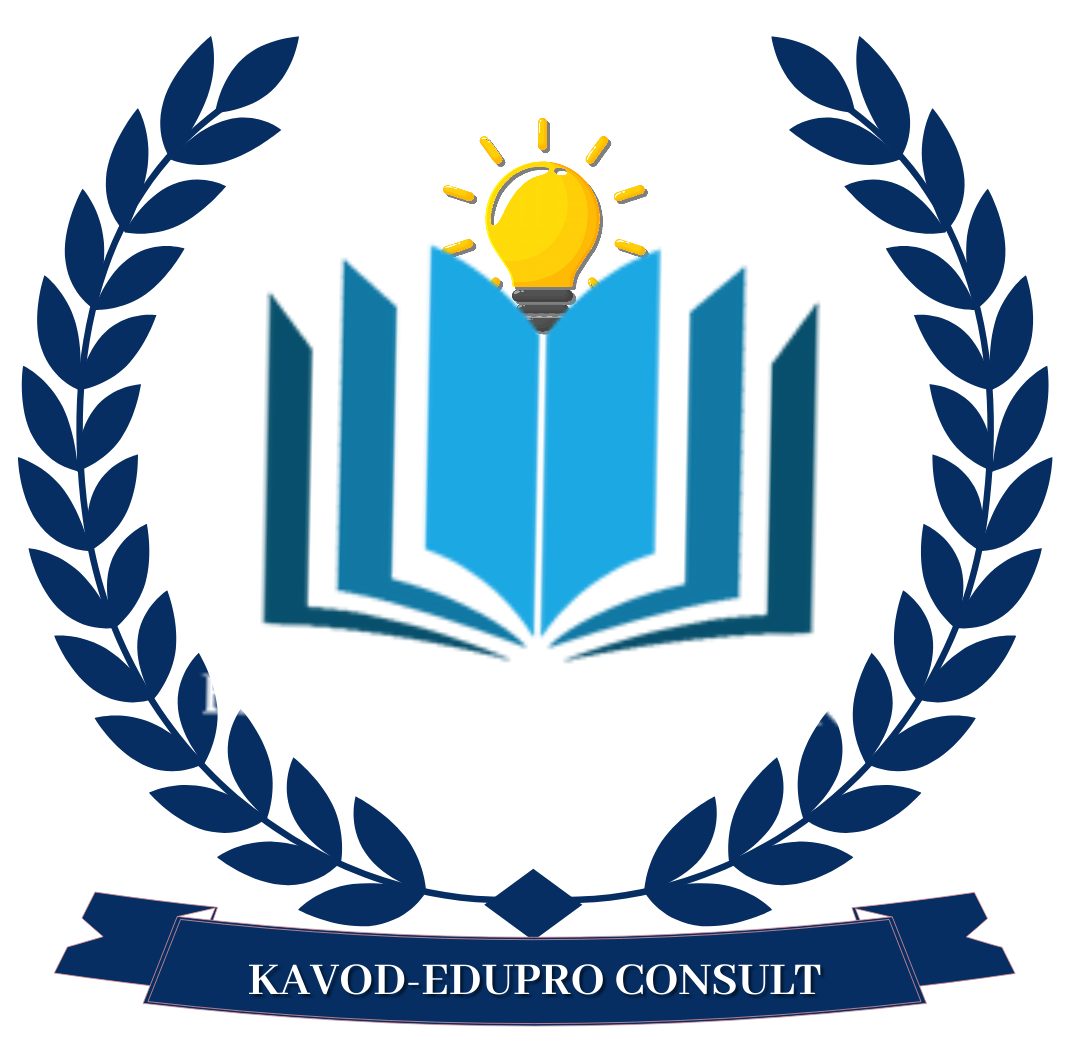![]()
As a teacher across various levels of the educational system, I have experienced firsthand the importance of teamwork in achieving institutional goals.
At my current workplace, I have come to know three key teams that are instrumental in the functioning of the school: the teaching team, the student support services team, and the extracurricular activities team. Each plays a distinct role in contributing to the holistic development of students and the smooth operation of the institution.
The Teaching Team
The teaching team, of which I am a part, focuses primarily on instructional planning, delivering lessons, monitoring student performance, and providing feedback. As the math coordinator in my year group, I participate in weekly meetings aimed at collaboration and planning. These meetings are typically chaired by the year group coordinator, and in their absence, authority is delegated to another team member who takes charge of the meeting and reports on its outcomes.
The atmosphere during these meetings is relaxed and informal, fostering open communication and active participation. Team members are encouraged to share their ideas, opinions, and feelings. Decisions are generally reached by consensus, ensuring that all voices are heard and considered. This collaborative approach not only strengthens our teaching practices but also promotes a sense of unity and shared responsibility among team members. Effective teamwork within the teaching team is essential for maintaining consistency in instructional delivery and ensuring that students receive a high-quality education.
The Student Support Services Team
Another vital team is the student support services team, which functions as a problem-solving unit. This team is made up of staff trained to address special educational needs (SEN) and is led by the Special Education Needs Coordinator (SENCo). The team’s primary goal is to provide a diverse range of services, including counseling, guidance, and support for students with behavioral, emotional, or learning challenges.
The work of the student support services team is crucial for fostering inclusivity within the school. By ensuring that students from all backgrounds and abilities receive the support they need, this team contributes to creating an environment where diversity is respected and valued. Their efforts help to build an inclusive educational system where every student has an opportunity to succeed, regardless of their individual challenges. This team works closely with teachers to ensure that the specific needs of students are met and that their academic and emotional well-being is supported throughout their learning journey.
The Extracurricular Activities Team
The extracurricular activities team plays an equally important role in the holistic development of students. This team oversees a wide range of clubs and activities that allow students to explore their interests outside of the classroom. Led by the co-curricular coordinator, this team manages both in-house and outsourced programs, ensuring that students have access to a variety of activities that promote personal growth, creativity, and social engagement.
Students are given the freedom to choose the clubs they wish to participate in, and activities are organized on a weekly basis. Technology plays a key role in the coordination of these activities, as virtual tools are used to track student engagement and provide parents with regular updates on their child’s participation and progress. This feedback loop enhances parental involvement and helps foster student growth beyond academics, contributing to their overall development.
Leadership and Conflict Resolution in Teams
Effective leadership is crucial in fostering a positive and efficient work environment across all teams. As I reflect on the dynamics of the teaching team, student support services team, and extracurricular activities team, several elements of strong leadership are evident. One key aspect is the ability to manage conflict, which is inevitable given the diverse backgrounds and perspectives of team members. Having a system in place for conflict resolution ensures that disagreements are addressed constructively, leading to better team performance and stronger collaboration.
In most of the International School I taught in, I observed there is a strong emphasis on effective communication, which is vital for building strong interpersonal relationships within teams. This is achieved through active listening, asking the right questions, and encouraging open dialogue among team members. Clear and open communication helps to prevent misunderstandings, ensures that everyone is on the same page, and creates a more cohesive team environment.
Proficiency in planning and task coordination is another hallmark of effective leadership. During teaching team meetings, for instance, careful planning ensures that team members are able to synchronize their actions, share information, and manage the interdependencies between tasks. This level of organization is essential for ensuring that everyone is working towards the same goals and that tasks are completed efficiently.
The Importance of Teamwork in Education
Ultimately, effective teamwork is a dynamic, ongoing process that requires continuous learning and adaptation. Leaders must understand the strengths and capabilities of their team members and create a supportive environment that encourages cooperation and collaboration. By doing so, they enable both individual and collective success, contributing to the overall performance and efficiency of the institution.
In conclusion, the roles of the teaching team, student support services team, and extracurricular activities team are all critical to the success of the educational institution. Each team plays a part in shaping the learning environment and ensuring that students receive a well-rounded education. Efficient leadership and teamwork within these teams are key to fostering a nurturing, inclusive, and high-performing school community that benefits both students and staff. As educators, our ability to work together, communicate effectively, and resolve conflicts constructively directly impacts the quality of education we provide and the success of the students we serve.
References
Gunduz, H.B. (2008). An Evaluation on Belbin’s Team Roles Theory: The Case of Sakarya Anatol, an Profess on High School, Profess on High School, and Vocational High School for Industry. World Applied Sciences Journal 4(3), pp. 460–469.
Hackman, J. R. (2002). Leading teams: Setting the stage for great performances. Boston, MA: Harvard Business School Press.


Leave a Reply